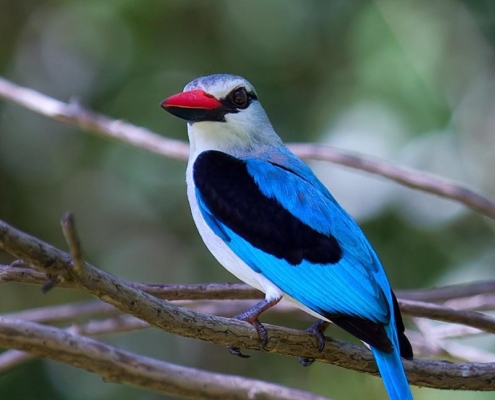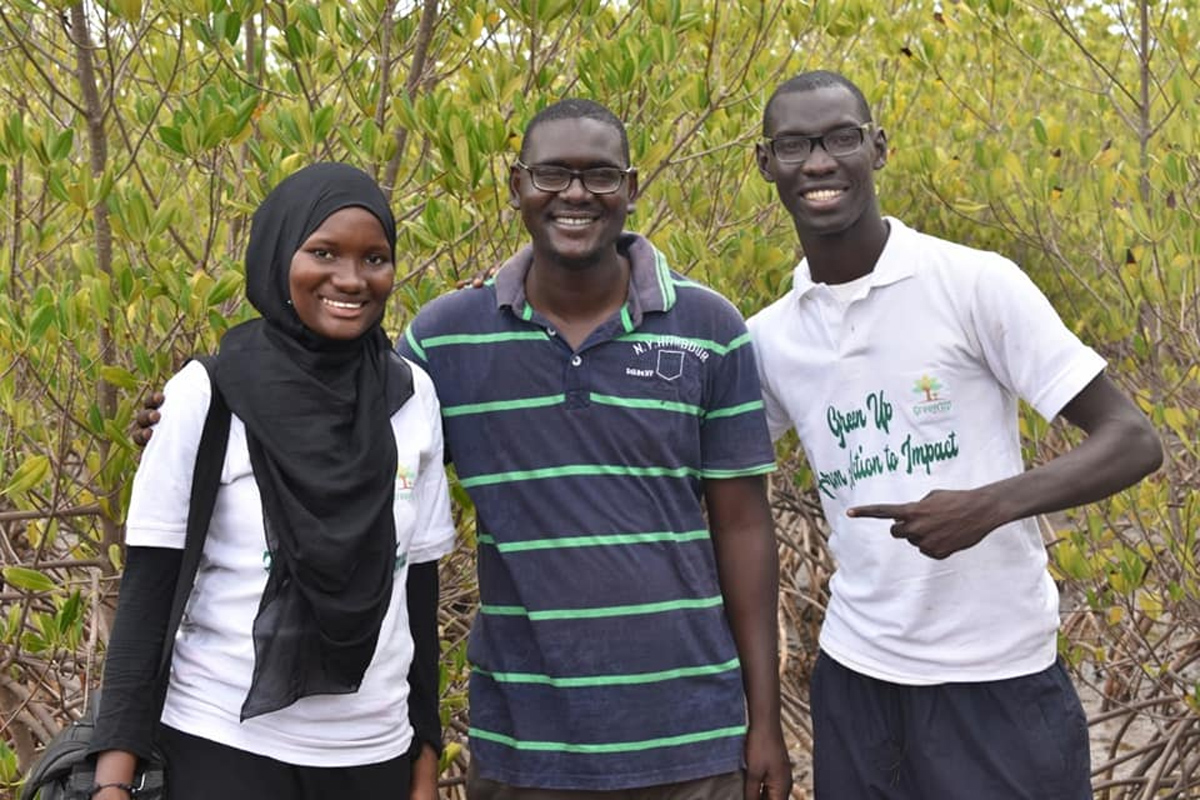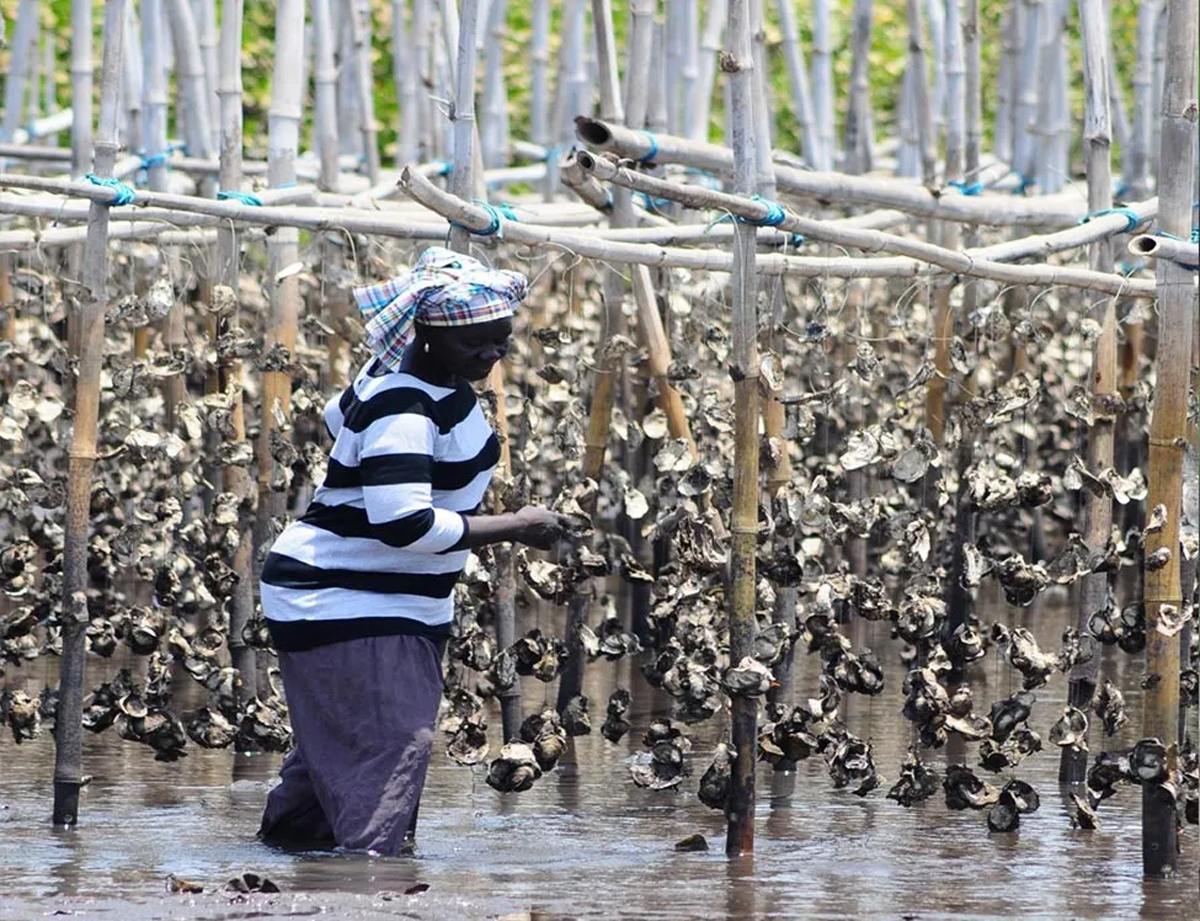Introduction
The Gambia is the smallest and one of the poorest countries in mainland Africa. It has withstood 22 years of political instability and approximately 70% of The Gambia’s rural population lives below the poverty line. As a result environmental degradation due to mismanagement and over-exploitation of natural resources is a common sight. The Gambia has lost 20-30% of their mangroves forests in the last 25 years. An estimated 80% of commercial fish species in The Gambia are dependent on mangroves for at least part of their life cycle. Agriculture and fisheries are the main industries and employ roughly 70% of the workforce.
Conservation and restoration of mangrove forests are essential for local biodiversity. These mangrove forests only consist of 7 species of mangroves, however, they are home to 450 species of birds, including migratory species. Ecotourism and bird watching is a rising industry in the region, especially in mangrove habitats. The mangrove forests receive regular visits from several turtle species and are home to the endangered West African manatee and the soft skinned turtle.
Unfortunately the ecosystem is facing many threats. The collection and use of mangrove wood is driving the degradation and deforestation of the aquatic forests. Fish smoking practices, reliant on mangrove wood, have driven 40% of mangrove loss in the area. Furthermore, pollution, urbanisation, dynamite fishing and the expansion of agricultural fields have driven habitat loss in the region.
Carbon
Mangrove forests can sequester large amounts of CO2 annually, up to 4 times more than tropical rainforests per area. Some forests are more efficient than others in carbon sequestration and their rates can vary considerably. On average, one hectare of mangrove forest can sequester 10 tons of CO2 annually. Mangroves are so efficient at carbon sequestration because they have an innate ability to store large amounts of carbon in the sediment. Their intricate root systems can hold sediment in place and its periodic or permanent flooding further holds carbon locked in the ground and keeps it out of the atmosphere.
What We Do
Together with Community Action Platform on Environment and Development, local communities, and other partners we restore degraded mangrove forests and reforest previously destroyed mangrove lands. Community involvement is an absolute must. Protection and maintenance of these young forests is provided by locals who understand and value the ecosystem. More than 100,000 people depend directly on this mangrove ecosystem for survival and income.
The coastal mangroves protect rice fields and nearby agricultural lands from salinization. Excessive degradation of mangroves in the region has left many fields exposed and current restoration and afforestation efforts focus on reversing the damage done to their agricultural lands. Women are the main participants in rice farming and aquaculture activities such as oyster farming. Mangroves are home to many crustaceans and can sustain sustainable small scale fisheries providing local communities with an income.
In The Gambia primary education is free and mandatory, leading to a high enrollment rate. However, under impoverished conditions children are still forced to help in the fields or help provide an income in any way they can. Nature Based Solutions are key to combating poverty, climate change and biodiversity conservation. We are not only in this to fight carbon emissions. People, and especially rural communities, depend on nature to thrive. Together we are making the world a better place one mangrove forest at a time.










